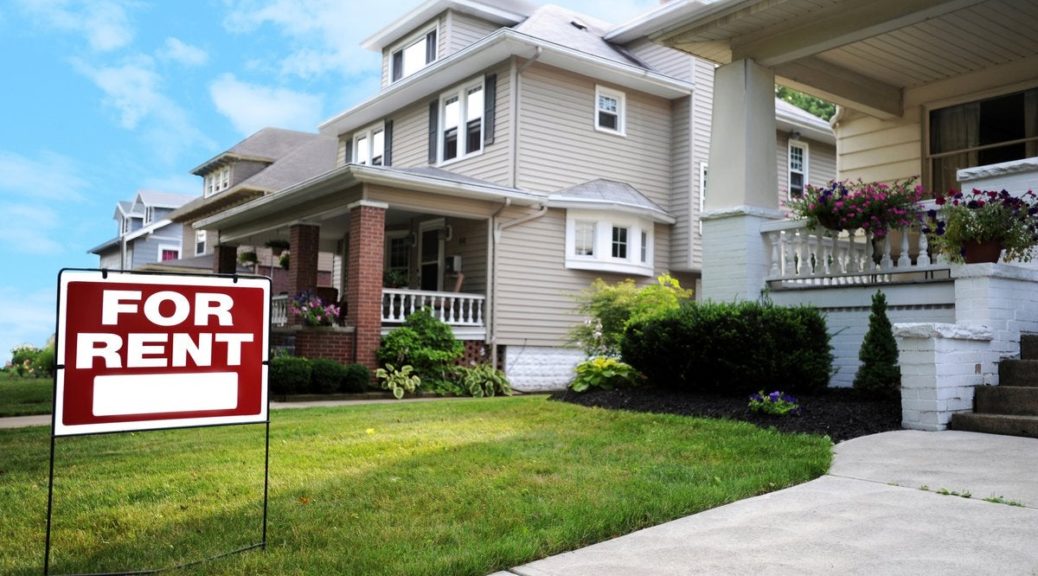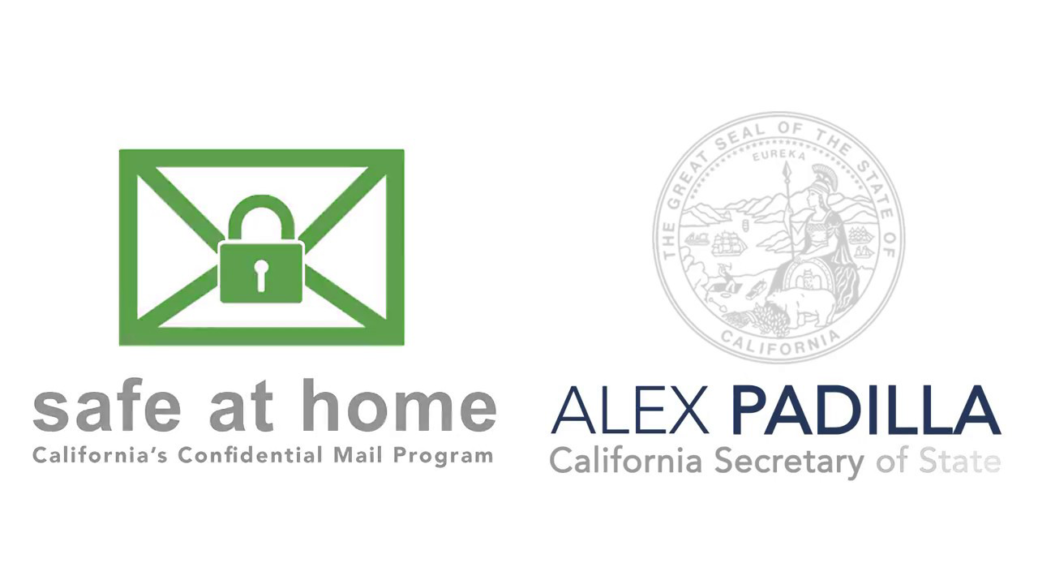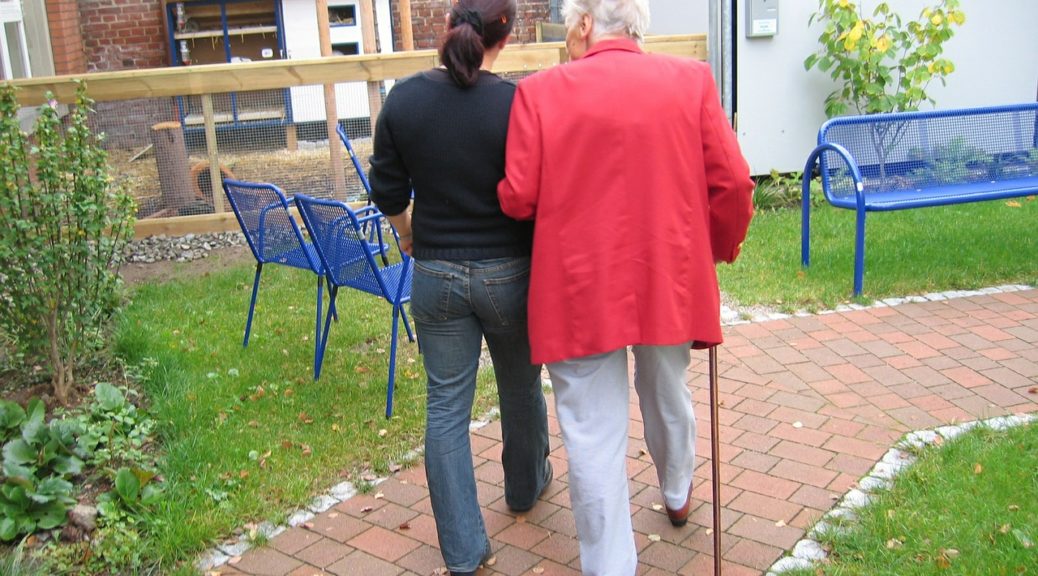(a) Every provision in a written instrument relating to real property that purports to restrict the conveyance, encumbrance, leasing, or mortgaging of the real property for use or occupancy as a family daycare home is void, and every restriction in that written instrument as to the use or occupancy of the property as a family daycare home is void.
(b) An attempt to deny, restrict, or encumber the conveyance, leasing, or mortgaging of real property for use or occupancy as a family daycare home is void. A restriction related to the use or occupancy of the property as a family daycare home is void. A property owner or manager shall not refuse to sell or rent, or refuse to negotiate for the sale or rental of, or otherwise make unavailable or deny, a detached single-family dwelling, a townhouse, a dwelling unit within a dwelling, or a dwelling unit within a covered multifamily dwelling in which the underlying zoning allows for residential use to a person because that person is a family daycare provider.
(c) Except as provided in subdivision (d), a restriction, whether by way of covenant, contract, condition upon use or occupancy, or by transfer of title to real property, that restricts directly or indirectly limits the acquisition, use, or occupancy of a detached single-family dwelling, a townhouse, a dwelling unit within a dwelling, or a dwelling unit within a covered multifamily dwelling in which the underlying zoning allows for residential use as a family daycare home is void.
(d)
(1) A prospective family daycare home provider who resides in a rental property shall provide 30 days’ written notice to the landlord or owner of the rental property prior to the commencement of operation of the family daycare home.
(2) A family daycare home provider who has relocated an existing licensed family daycare home program to a rental property on or after January 1, 1997, may provide less than 30 days’ written notice when the department approves the operation of the new location of the family daycare home in less than 30 days, or the home is licensed in less than 30 days, so that service to the children served in the former location not be interrupted.
(3) A family daycare home provider in operation on rental or leased property as of January 1, 1997, shall notify the landlord or property owner in writing at the time of the annual license fee renewal, or by March 31, 1997, whichever occurs later.
(4) Notwithstanding any other law, upon commencement of, or knowledge of, the operation of a family daycare home on an individual’s property, the landlord or property owner may require the family daycare home provider to pay an increased security deposit for operation of the family daycare home. The increase in deposit may be required notwithstanding that a lesser amount is required of tenants who do not operate family daycare homes. The total security deposit charged shall not exceed the maximum allowable under existing law.
(5) Section 1596.890 shall not apply to this subdivision.
(e) During the license application process for a small or large family daycare home, the department shall notify the applicant that the remedies and procedures in Article 2 (commencing with Section 12980) of Chapter 7 of Part 2.8 of Division 3 of Title 2 of the Government Code relating to fair housing are available to family daycare home providers, family daycare home provider applicants, and individuals who claim that any of the protections provided by this section or Section 1597.40, 1597.42, 1597.43, 1597.45, 1597.45 or 1597.46 have been denied.
(f) For the purpose of this section, “restriction” means a restriction imposed orally, in writing, or by conduct and includes prohibition.
(g) This section does not alter the existing rights of landlords and tenants with respect to addressing and resolving issues related to noise, lease violations, nuisances, or conflicts between landlords and tenants.










